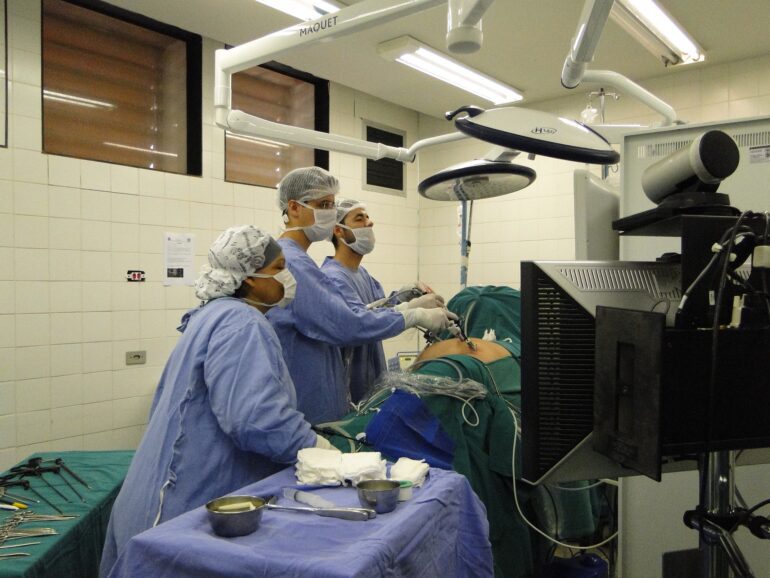TL;DR:
- OpenAI’s ChatGPT chatbot fails a urologist exam, achieving less than 30% accuracy.
- The study highlights the risks of medical misinformation and errors in ChatGPT’s responses.
- ChatGPT struggles with clinical medicine questions that require evaluating multiple overlapping facts and outcomes.
- Explanations provided by ChatGPT are often lengthy, redundant, and lack specificity.
- Further research is needed to understand the limitations and capabilities of large language models (LLMs) in various disciplines.
- The utilization of ChatGPT in urology poses a high risk of spreading medical misinformation among untrained users.
Main AI News:
OpenAI’s renowned chatbot, ChatGPT, has recently faced a significant setback as it failed to pass a urologist exam in the United States, as revealed by a recent study. This outcome comes at a crucial time when the potential role of artificial intelligence (AI) technology in the medical and healthcare fields is generating increasing interest.
According to a report published in the Urology Practice journal, the study demonstrated that ChatGPT achieved an alarmingly low rate of correct answers, falling below 30 percent, on the American Urologist Association’s widely utilized Self-Assessment Study Program for Urology (SASP).
Christopher M. Deibert, affiliated with the University of Nebraska Medical Center, expressed concern over ChatGPT’s performance, stating, “Not only does ChatGPT exhibit a low rate of accurate responses to clinical questions in urologic practice, but it also makes certain types of errors that can potentially propagate medical misinformation.”
The AUA’s Self-Assessment Study Program (SASP) comprises a comprehensive 150-question practice examination that covers the core curriculum of medical knowledge in urology. However, the study excluded 15 questions containing visual information, such as pictures or graphs.
Overall, ChatGPT managed to provide correct answers to less than 30 percent of SASP questions, specifically achieving 28.2 percent accuracy in multiple-choice questions and 26.7 percent accuracy in open-ended questions.
In several instances, the chatbot responded with “indeterminate” answers, and its accuracy further decreased when the LLM model was prompted to regenerate its responses. For most open-ended questions, ChatGPT did offer an explanation for the selected answer.
However, the explanations provided by ChatGPT were noticeably longer than those provided by SASP, but the authors observed that they often appeared redundant and cyclic in nature. “Overall, ChatGPT frequently justified its answers with vague and generalized statements, rarely addressing specific details,” noted Dr. Deibert.
Even when presented with feedback, ChatGPT persisted in reiterating the original, albeit inaccurate, explanation. This behavior raises concerns about the chatbot’s ability to adapt and learn from corrections.
The researchers suggest that while ChatGPT may excel in tests involving the recall of facts, it falls short when it comes to questions related to clinical medicine. Such questions require the simultaneous evaluation of multiple overlapping facts, situations, and outcomes.
Dr. Deibert emphasized the need for further research to understand the limitations and capabilities of LLMs (large language models) across various disciplines before making them widely available for general use. “As it stands, the utilization of ChatGPT in urology carries a high risk of propagating medical misinformation among untrained users,” Dr. Deibert concluded.
This study underscores the importance of thorough evaluation and ongoing research to ensure the reliability and accuracy of AI-driven systems in the field of medicine, thereby safeguarding patient well-being and promoting effective healthcare practices.
Conclusion:
ChatGPT’s poor performance in the urologists exam raises concerns about its reliability and accuracy in providing medical information. The study reveals the risks of medical misinformation and errors, especially in the field of clinical medicine. This highlights the importance of thorough evaluation and ongoing research to understand the limitations and capabilities of large language models (LLMs) across different disciplines. In the market, this emphasizes the need for cautious adoption of AI-driven systems in healthcare to ensure patient well-being and effective healthcare practices.

